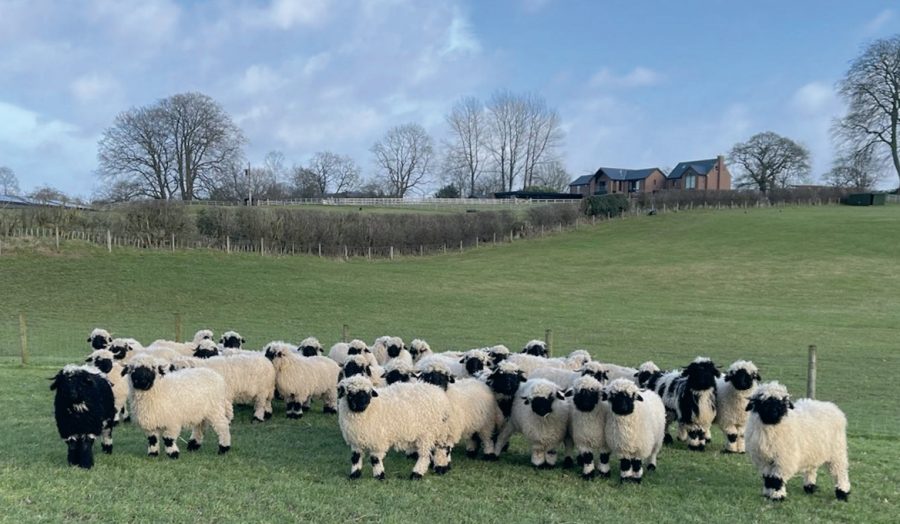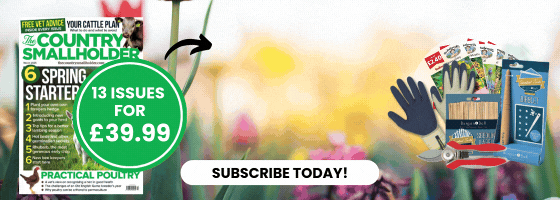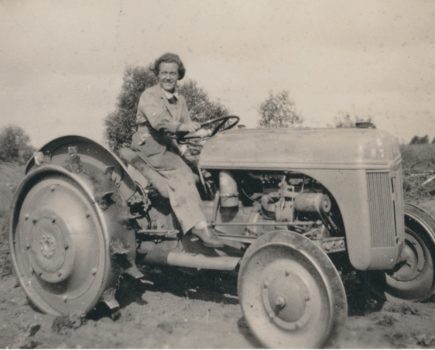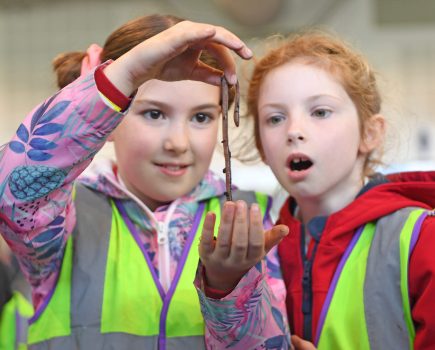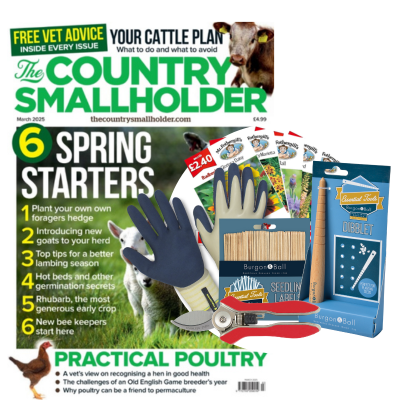Grant Brereton reports on how one smallholder’s love for a sheep breed soon turned into an obsession…
Steve Dace purchased his first Valais Blacknose in 2014, when applying for a smallholder’s number and fancying a hardy but attractive sheep breed. After a bit of research, the Valais soon came into his consciousness and from that point on, no other variety was in the running.
But Steve didn’t rush into purchasing the first sheep he could find. Instead, he took his time and extensively and meticulously researched the breed and pedigrees and started his search for the best genetics he could find. His aim was to try and breed ‘true to the Swiss type’ specimens.
Following his research, Steve’s initial selection criteria was a) to buy only ‘type 3’ (ARQ:ARQ) genotyped animals, because that was by far the major genotype within the Swiss Valais population and b) they had to be pure Swiss genetics; to be certain they had no dilution of the Swiss breed standard from selection pressure and breeding programmes in other countries.
Somewhat frustratingly, he wasn’t able to import the sheep directly from Switzerland before the borders closed and imports stopped, so he sourced them from breeders that had been fortunate enough to import them into the UK. Initially, he purchased two in-lamb Swiss Imports.
Steve’s breeding plan slowly and carefully progressed and his flock grew. He had a strict selection policy and ringed any ram lambs that weren’t up to his required standards, and sold off ram lambs and wethers to invest back in his breeding programme, keeping most of hisewes for breeding. He becameone of the early members of the Valai Blacknose Society(V0039) and began breedingwith the prefix ‘Yew Tree’ (his farm name at the time).
This article extract was taken from the April 2024 edition of The Country Smallholder. To read the article in full, you can buy the issue here.
To receive regular copies of The Country Smallholder magazine featuring more articles like this, subscribe here.
For FREE updates from the world of smallholding, sign up for The Country Smallholder newsletter here.

